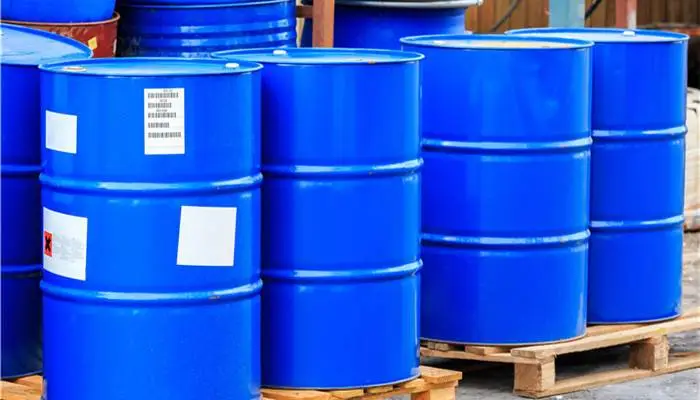Isopropyl alcohol, also known as isopropanol or 2-propanol, is a common organic solvent with a molecular formula of C3H8O. Its chemical properties and physical characteristics have always been topics of interest among chemists and laymen alike. One particularly intriguing question is whether isopropyl alcohol is soluble in water. To understand this question, we must delve into the realm of chemistry and explore the interactions between these two molecules.
The solubility of any substance in a given solvent is determined by the interactions between the solute and solvent molecules. In the case of isopropyl alcohol and water, these interactions are primarily hydrogen bonding and van der Waals forces. Isopropyl alcohol has a hydroxyl group (-OH) that can form hydrogen bonds with water molecules, but its hydrocarbon tail repels water. The overall solubility of isopropyl alcohol in water is a result of the balance between these two forces.
Interestingly, the solubility of isopropyl alcohol in water depends on the temperature and concentration. At room temperature and below, isopropyl alcohol is slightly soluble in water, with a solubility of about 20% by volume at 20°C. As the temperature increases, the solubility decreases. At high concentrations and low temperatures, phase separation may occur, resulting in two distinct layers—one rich in isopropyl alcohol and the other rich in water.
The presence of other compounds or surfactants can also affect the solubility of isopropyl alcohol in water. For example, surfactants that have an affinity for either isopropyl alcohol or water can modify their solubility. This property finds applications in various fields such as cosmetics, pharmaceuticals, and agrochemicals, where surfactants are commonly used to enhance the solubility of active ingredients.
In conclusion, the solubility of isopropyl alcohol in water is a complex phenomenon that involves a balance between hydrogen bonding and van der Waals forces. While it is slightly soluble at room temperature and below, factors such as temperature, concentration, and the presence of other compounds can significantly affect its solubility. A thorough understanding of these interactions and conditions is essential for effective utilization of isopropyl alcohol in various applications.
Post time: Jan-22-2024





